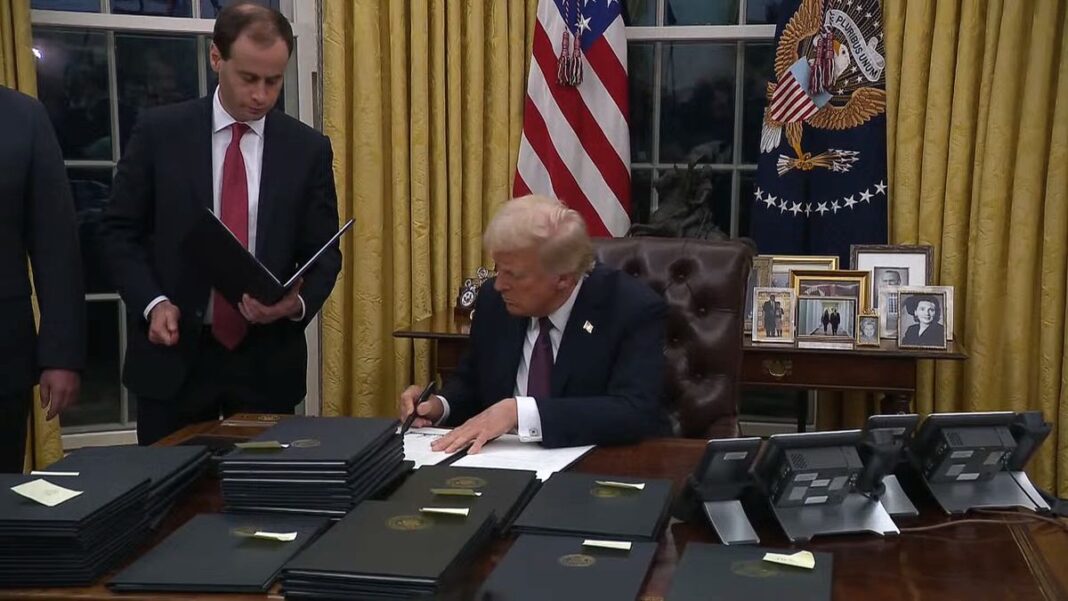
The announcement followed President Jose Mulino’s meeting with U.S. Secretary of State Marco Rubio in Panama City on Sunday.
Panama President José Raúl Mulino said on Sunday that his country will not renew its memorandum of understanding with China to be a part of the Chinese Communist Party’s (CCP) Belt and Road Initiative (BRI).
Speaking to reporters, Mulino said the agreement is due for renewal in two years and his government is looking into the possibility of terminating it earlier, according to local media reports.
“We are going to study the possibility of whether it can be finished earlier or not. I think it is due for renewal in one or two years,” he said in Spanish.
Mulino made the announcement after a meeting with U.S. Secretary of State Marco Rubio in Panama City earlier in the day, during which Rubio called on Panama to urgently address the CCP’s influence over the region. The Trump administration had accused the country of failing to ensure the U.S.-built Panama Canal’s neutrality, which was a requirement set forth by the “Treaty Concerning the Permanent Neutrality and Operation of the Panama Canal” of 1977. The treaty paved the way for the United States to hand control of the canal to Panama in 1999.
“I do not feel that there is any real threat at this time against the [neutrality] treaty, its validity,” the Panamanian leader said.
Panama signed the agreement to join China’s global infrastructure project in 2017 under the former administration of President Juan Carlos Varela after it severed diplomatic ties with Taiwan.
U.S. officials have warned that the BRI project is “debt-trap diplomacy” by the CCP. Around the world, the CCP has offered loans through BRI agreements to developing nations for infrastructure projects that have ultimately led to unsustainable debt levels for participating nations, leaving their strategic infrastructure vulnerable to control by China.
During their talks on Feb. 2, Rubio told Mulino that U.S. President Donald Trump is concerned about the CCP’s “current position of influence and control” over the Panama Canal area, citing the neutrality treaty.





